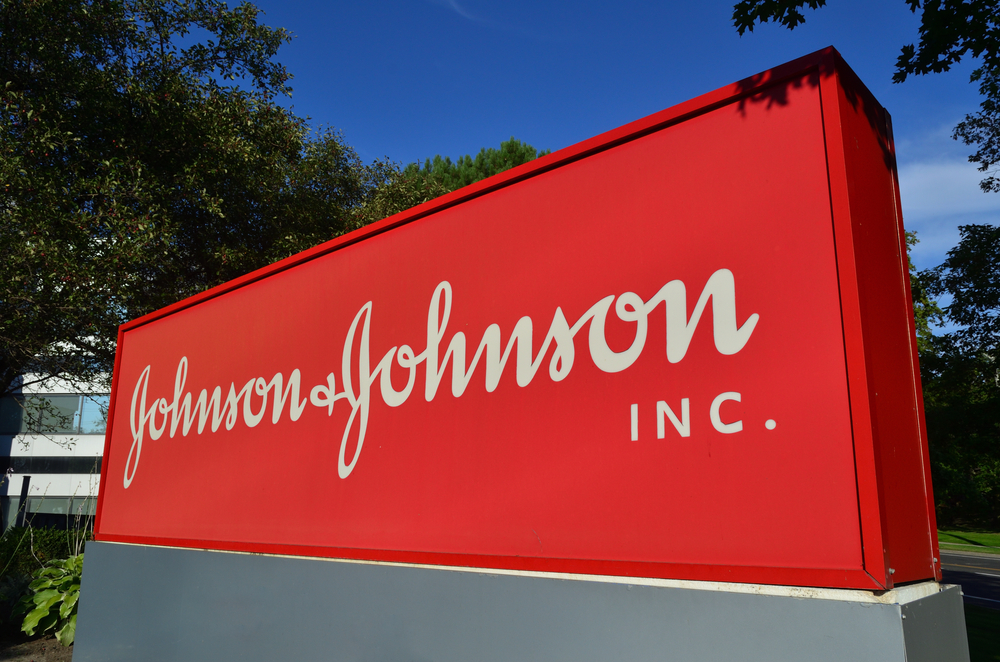Expansion Amid Tariff Threats
Johnson & Johnson (JNJ.N) announced plans to increase its U.S. investments by 25% to more than $55 billion over the next four years. The move comes as the Trump administration considers imposing drug import tariffs, prompting pharmaceutical companies to ramp up domestic manufacturing.
The company will build four new plants as part of the investment, including one in Wilson, North Carolina, where it officially broke ground on Friday. The locations of the other three facilities remain undisclosed.
Manufacturing Shift in the Pharma Industry
J&J is not alone in expanding its U.S. presence. Companies like Eli Lilly (LLY.N) and Apple (AAPL.O) are also investing in domestic production amid mounting trade pressures. Lilly recently committed to a $27 billion investment in U.S. manufacturing over five years to mitigate potential 25% import tariffs on pharmaceuticals.
While J&J has not confirmed whether the proposed tariffs would affect its operations directly, industry analysts suggest the impact on its pharmaceutical business could be minimal, with only medical devices facing slight cost increases.
Strategic Investments and Job Creation
J&J already has more U.S. manufacturing facilities than in any other country. The company will expand existing U.S. sites and invest in new research and development infrastructure. The Wilson, NC site alone will see an investment of over $2 billion, creating 5,000 construction jobs and over 500 permanent positions across the state.
The facility will manufacture treatments for cancer, immune, and neurological diseases, reinforcing J&J’s commitment to strengthening its U.S. supply chain.
Analysts Weigh In
Despite the bold investment announcement, some analysts believe J&J had already planned most of these expenditures. Jeff Jonas, portfolio manager at Gabelli Funds, noted that the $55 billion includes a portion of J&J’s regular R&D and IT spending, suggesting the company packaged existing commitments into a headline-grabbing figure.
“In the short term, they are lobbying for a tariff exemption. In the long term, the era of unrestricted globalization is over, and companies are embracing local manufacturing strategies,” Jonas added.







